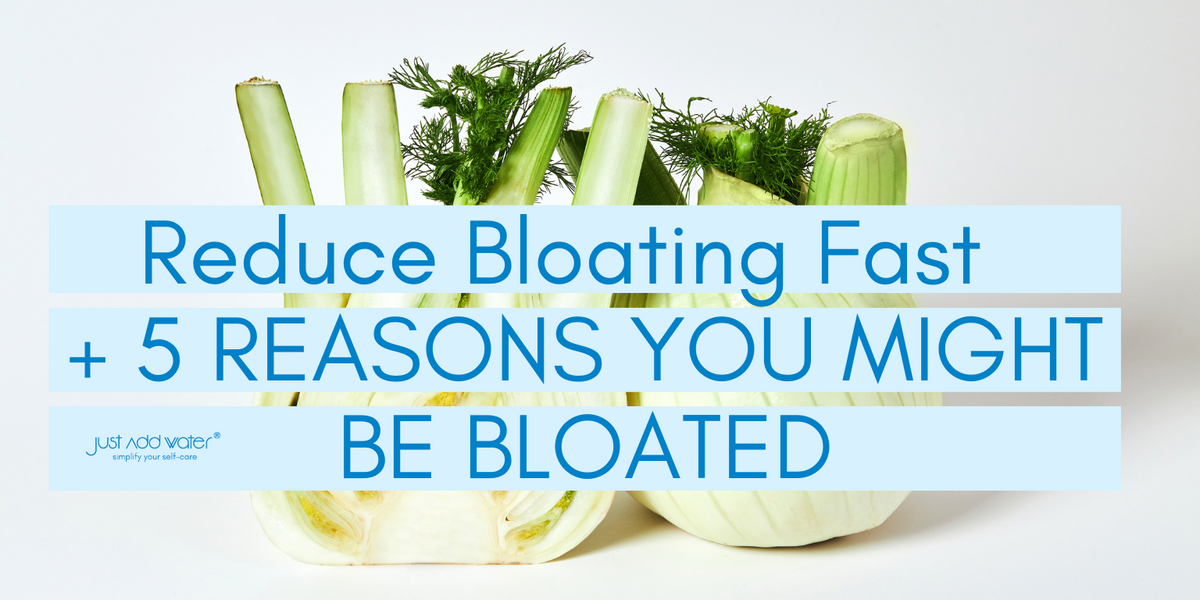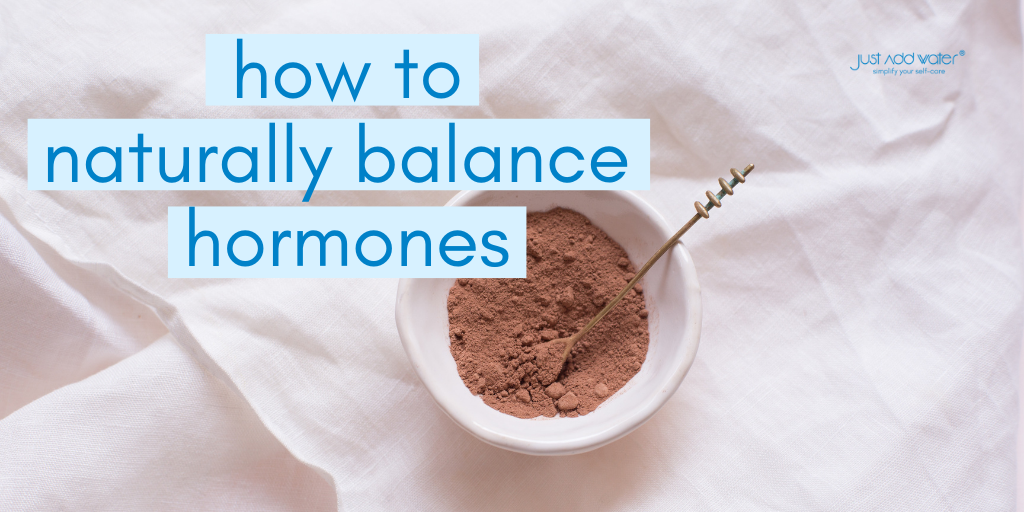Tips for a Healthier Heart
A healthy heart is vital for overall, whole body health. Taking on a healthy lifestyle at any age can prevent heart disease and lower your risk for a heart attack or stroke . You are never too old or too young to begin taking care of your heart.
The number one cause of death among women and men, heart disease claims approximately one million lives per year. Heart disease conditions emerge when plaque, which is made of fat, cholesterol, calcium and other substances in the blood, builds up inside the coronary arteries which supply oxygen-rich blood to the heart muscles. When plaque builds up, it restricts blood flow to the heart’s chambers, which can lead to heart attack, sudden cardiac death and stroke. The more you know about your health the more power you have to stay healthy.

While heart disease is most common in people age 60 and older, it can begin to develop much earlier in life. The younger you begin making healthy choices, the longer you can reap the benefits.
When done alone or combined, making positive changes in one of the following six areas can have one of the biggest impacts on your heart health.
-
Losing weight/maintaining a healthy weight
-
Eating healthy
-
Staying active
-
Managing blood pressure
-
Controlling cholesterol
-
Reducing blood sugar
Here are a few age-specific tips for keeping your heart healthy :
20's to 30's
-
Establish a relationship with a physician (even if you are perfectly healthy) and have annual wellness exams, including blood pressure and cholesterol screenings.
-
Exercise regularly most days of the week. It is much more difficult to build muscle later in life. If you develop these good habits now, your body will thank you later.
-
Know your family health history. Does heart disease, high blood pressure or diabetes run in the family? Let your physician know so he or she can monitor you and recommend testing if necessary.
-
Explore different stress management strategies that work for you, such as meditation, journaling, deep breathing or spending time outdoors.
40's to 50's
-
Make cardiovascular and strength training workouts part of your daily routine.
-
A woman’s risk of heart disease increases with menopause, so women should talk with their physicians about hormonal changes and their effect on heart health.
-
Even if you feel fine, see a doctor annually. Women typically see their physicians for yearly exams, but men tend to put off going to the doctor unless they are ill, and miss out on important screening exams and check-ups.
-
Know the warning signs of a heart attack. Shortness of breath, unexplained fatigue, pain, pressure or a squeezing sensation in the lower chest can all be signs of a heart issue. Many people who have heart attacks may begin experiencing symptoms as early as six weeks prior.
60's and Older
-
Metabolism tends to slow down with age, and you may be less active, so adjust your diet to maintain a healthy weight.
-
Ask your physician about an ankle-brachial index test. It’s a simple test you can get during an exam that helps diagnose if plaque has built up in the leg arteries — a condition known as peripheral artery disease.
-
People often think they are "too old" to exercise. In reality, it is lack of exercise, physical conditioning and social isolation that contributes to the aging process ; however there is no reason to stop exercising at any particular age.
-
Commit to the warning signs of a heart attack.

Why is heart-healthy eating important?
Eating healthy food has numerous benefits, from a smaller waistline to less inflammation to smoother skin and hair. One of the most significant benefits is the chance to reduce your risk of heart disease and stroke.
While handling weight and regular exercise are important for keeping your heart in shape, the food you eat can matter just as much. In fact, along with other healthy lifestyle choices, a heart-healthy diet may reduce your risk of heart disease or stroke by 80%. No certain food can make you magically healthy, so your overall dietary habit is more important than a particular food. Instead of fried, processed food, packaged meals, and high sugar snacks, a heart-healthy diet is formed around real, natural food—fresh from the ground, ocean, or farm.
Three keys to a heart-healthy diet

1. Be smart about fats
If you are concerned about your heart health, rather than avoiding fat in your diet, try replacing unhealthy fats with healthy fats. Some of the most important improvements you can make to your diet are to:
- Cut out artificial trans fats. As well as raising your LDL, or “bad” cholesterol level, which can increase your risk for heart attack and stroke, artificial trans fat also lowers your levels of HDL or “good” cholesterol, which can put you at increased cardiovascular risk. Many countries have effectively outlawed the use of artificial trans-fats in commercially prepared food, but it’s worth checking labels and avoiding anything with “partially hydrogenated” oil in the ingredients, even if it claims to be “trans fat-free.”
- Limit saturated fats. Saturated fats are mainly found in tropical oils, dairy, and red meat and should be limited to no more than 10% of your daily calorie intake. Enjoy dairy in moderation and vary the protein sources in your diet, opting vegetarian sources of protein.
- Eat more healthy fats. Eating foods rich in monounsaturated and polyunsaturated fat can improve blood cholesterol levels and lower your risk of heart disease. Eat omega-3 fatty acids every day, from flaxseed, kale, spinach, or walnuts. Other sources of healthy fats include olive oil, avocados, nuts, and nut butters.
2. Don’t replace fat with sugar or refined carbs
When cutting back on heart-hazard foods, such as unhealthy fats, it’s important to replace them with healthy options. For example, instead of potato chips and french fries, opt for baking low-carb vegetables.
Your body doesn’t need any added sugar—it gets all it needs from the sugar that naturally occurs in food. Sugary foods and refined carbs just add up to empty calories that are as bad for your heart as they are for your weight.
Instead of sugary soft drinks, white bread, pasta and processed foods like pizza, opt for unrefined whole grains like whole wheat or multigrain bread, brown rice, barley, quinoa, bran cereal, oatmeal, and non-starchy vegetables.
3. Focus on high-fiber food
A high fiber diet can lower “bad” cholesterol and provide nutrients that help protect against heart disease. As an added bonus, it may also help with weight loss. Since fiber stays in the stomach longer than other foods, the feeling of fullness will stay with you much longer, helping you to eat less. Fiber also moves fat through your digestive system quicker so less of it is absorbed. And when you fill up on fiber, you’ll also have more energy for exercising.
- Insoluble fiber is found in whole grains, wheat cereals, and vegetables such as carrots, celery, and tomatoes.
- Soluble fiber sources include barley, oatmeal, beans, nuts, and fruits such as apples, berries, citrus fruits, and pears.
Heart-healthy living involves understanding your risks, making choices, and taking steps to reduce your chances of getting heart disease.
It can be difficult to get the foods to fuel your body in a healthy way all the time. That's why our founder and CEO, Serena Poon, created Just Add Water®. This healthy snack is easy to bring with you, making it so simple to get all of the daily nutrition your body needs. The cacao smoothie recipe is gut-healing, full of probiotics, prebiotics, maca powder, super greens, and more essentials. These ingredients help you maintain a healthy body weight, reduce blood sugar levels, and stay full. PLUS, it is an all-natural, plant-based product!
Leave a comment
Comments will be approved before showing up.
Also in Wellness & Nutrition

Reduce Bloating Fast + 5 REASONS YOU MIGHT BE BLOATED

Healing Cellular Damage With Antioxidant Power

HOW TO NATURALLY BALANCE YOUR HORMONES
In this blog, we’re going to define hormonal imbalance, identify the symptoms, and discover the natural options to bring your body back into flow! A nutritious diet and other healthy lifestyle habits may help improve your hormonal health and allow you to feel and perform at your best.


